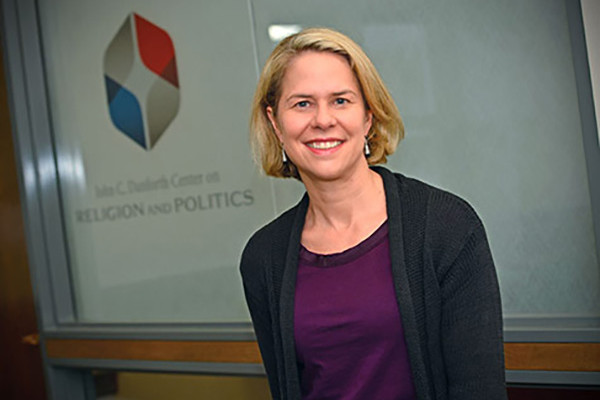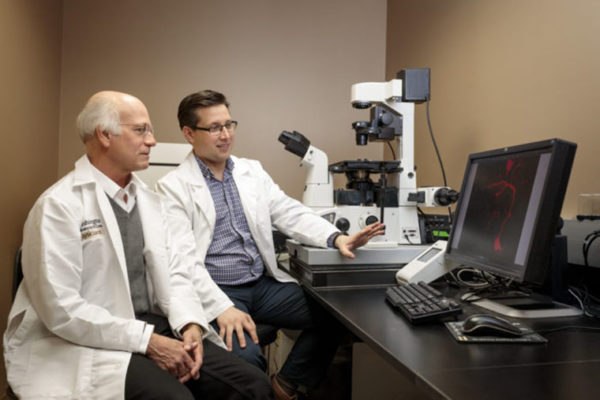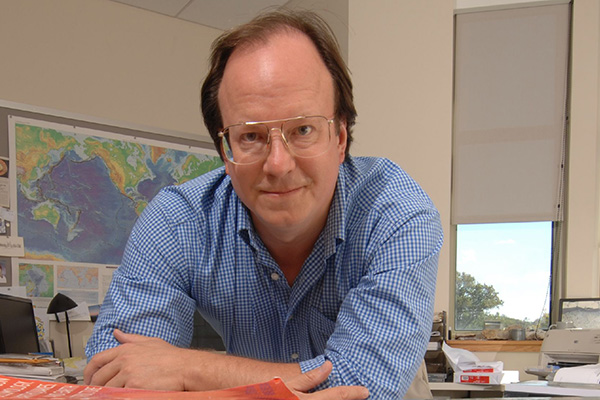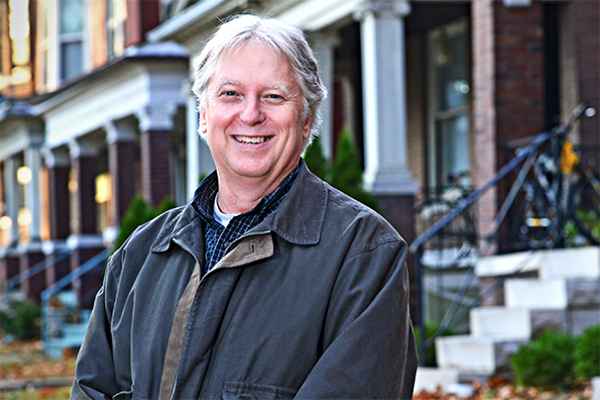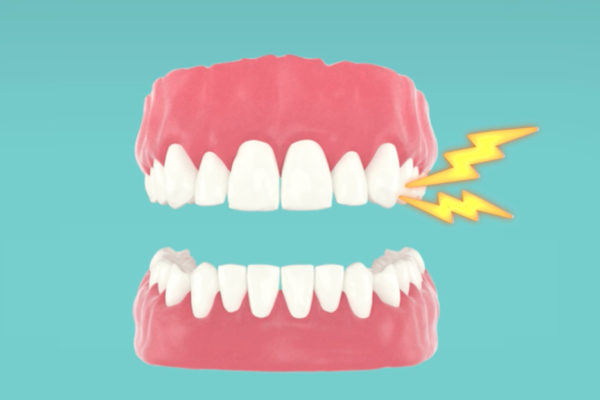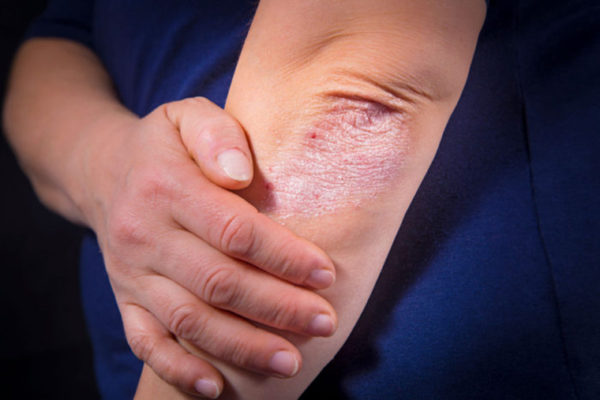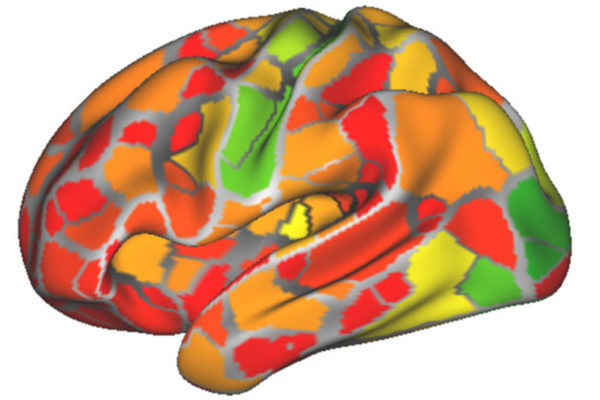Is Trump ‘morally unfit’ to be president? Not if Americans can’t agree on what’s good and bad
Donald Trump is “morally unfit” to be president, James B. Comey, the FBI director Trump fired last year, declared in the ABC interview this week. But to judge moral fitness, shouldn’t we first agree on what moral behavior actually is?
Bowen, Perlmutter elected to American Academy of Arts and Sciences
Washington University in St. Louis sociocultural anthropologist John R. Bowen and David H. Perlmutter, MD, dean of the School of Medicine, join the likes of President Barack Obama, actor Tom Hanks and Supreme Court Justice Sonia M. Sotomayor as newly elected members of the American Academy of Arts and Sciences.
Defect in debilitating neurodegenerative disease reversed in mouse nerves
Scientists from the School of Medicine have developed a new drug compound that shows promise as a future treatment for Charcot-Marie-Tooth disease, an inherited, often painful neurodegenerative condition that affects nerves in the hands, arms, feet and legs.
Flags lowered in honor of former first lady Barbara Bush
The U.S. and university flags over Brookings Hall are lowered to half-staff in honor of Barbara Bush, wife of former President George H.W. Bush, until sunset Saturday, April 21. Bush died April 17 at age 92.
Wysession appointed executive director of Teaching Center
Michael Wysession, professor of earth and planetary sciences in Arts & Sciences at Washington University in St. Louis, has been appointed executive director of the university’s Teaching Center, effective July 1.
Video: What are your odds of going into poverty?
Mark Rank, the Herbert S. Hadley Professor of Social Welfare at the Brown School, has developed a calculator that can determine for the first time an American’s expected risk of poverty based on their race, education level, gender, marital status and age. Here’s a video that explains how.
What’s unconscious bias training, and does it work?
The novelty of unconscious bias training means there is little direct evidence about whether it works. To determine its potential, researchers have turned to clues from other types of training.
Using tooth sensors to detect disease
An interdisciplinary team of researchers from the School of Medicine and the School of Engineering & Applied Science is redefining the notion of a wisdom tooth. The team is developing technology that could someday be used to detect early signs of certain diseases in high-risk patients.
Psoriasis treated with compound derived from immune cells
A compound derived from immune cells treats psoriasis in mice and holds promise for other autoimmune diseases, according to a new study from the School of Medicine.
Brain scans may help diagnose neurological, psychiatric disorders
A new School of Medicine study shows that a kind of brain scan called functional connectivity MRI (fcMRI) – which shows how brain regions interact – can reliably detect fundamental differences in how individual brains are wired.
View More Stories
